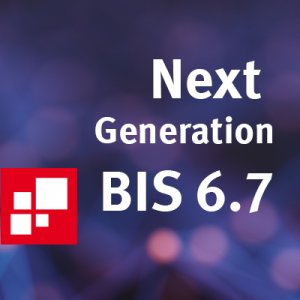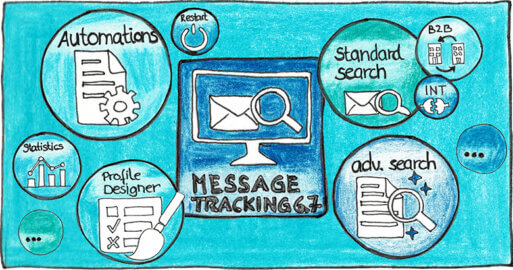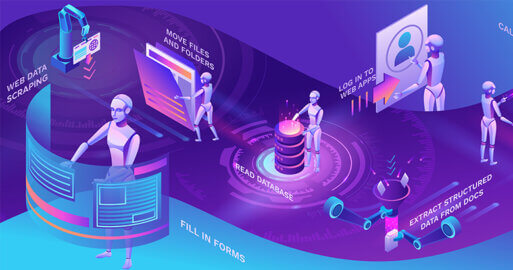BIS 6.7 – Next Generation Mapping Technology for the Digital Shift. Taking Data Integration to the next Level

Two new powerful components expand the SEEBURGER portfolio for integration of different types of data formats: The BIS Mapping Engine and the BIS Mapping Designer. Both components benefit from our extensive expertise in designing scalable and robust data integration components as well as conversion design tools fostering user’s productivity.
The new BIS Mapping Engine and the BIS Mapping Designer
With a focus on API/EAI/IoT capabilities, the new products complement the well-established BIC (“Business Integration Converter”) which has been extremely successful over the years with its B2B/EDI heritage. The new BIS Mapping engine runs on BIS 6.7 whereas the BIS Mapping Designer is the according mapping development tool running on a desktop. Together both provide the full-featured B2B/EDI support you expect from SEEBURGER and at the same time both have a comprehensive approach for all hybrid integration topics including:
API Integration and API Management:
- Full Native JSON Support
- Full XML Support
- Swagger Schema Import & Export
- XSD Import & Export
- WSDL Import & Export
- Schema-less mapping support
The technical core is based on a mapping language based on the W3C standard XPath. This language provides a very compact syntax which is data-format agnostic without enforcing XML-tags for non-XML formats like JSon or CSV. Non-XML formats are supported natively, without any error-prone and inefficient pre-processing.
The BIS Mapping Engine performs automatic optimizations minimizing the memory impact of mappings and increasing the runtime performance. It utilizes and extends a technological base that SEEBURGER has successfully used in the field of data validation (“compliance check”) for several years. A major benefit is that users do not have to deal with non-functional requirements when writing mapping code.
The BIS Mapping Designer offers a rich set of features fostering the productivity. Those include for example:
- Textual and graphical tooling support
- An easy-to-use “mapping tester” providing fast feedback
- Advanced message viewing capabilities
- Editing capabilities for API request / response messages
- Support for standard source code repositories (Git, CVS, Subversion)
- Advanced Debugging options
Another major benefit of the BIS Mapping Designer is its new approach for editing as well as for visualizing schema-data and code. SEEBURGER’s approach of “rich expression trees” allows users to create and change mapping code without typing. At the same time the well-known problems of typical graphical mappers are avoided: users aren’t confronted with the typical “spaghetti appearance” of real-life mappings.
The offer is completed by a large set of features supporting the creation and customization of schema-data. This includes various import-wizards, e.g. for CSV data.
The well-known BIC Mapping Engine and Designer will be continued to be supported and can easily run in parallel with the new BIS Mapping Engine and Designer.
Relying on more than 30 years of experience in data transformation SEEBURGER was able to develop a technology that represents the next level in this area and makes BIS 6.7 even more attractive.
For more information, please check the webinar information or contact us.
Thank you for your message
We appreciate your interest in SEEBURGER
Get in contact with us:
Please enter details about your project in the message section so we can direct your inquiry to the right consultant.
Written by: Moritz Weiten
Dr. Moritz Weiten works for SEEBURGER as Senior Developer. He is responsible for the next generation of tools for data integration and -transformation. His focus is on the stream-based processing of structured data, including compiler and interpreter components. He studied processes engineering at the Technical University of Berlin where he received his PhD for his work in the field of information management for process sciences. He worked in several national and international research projects. Moritz Weiten has over 20 years of experience in software development.





